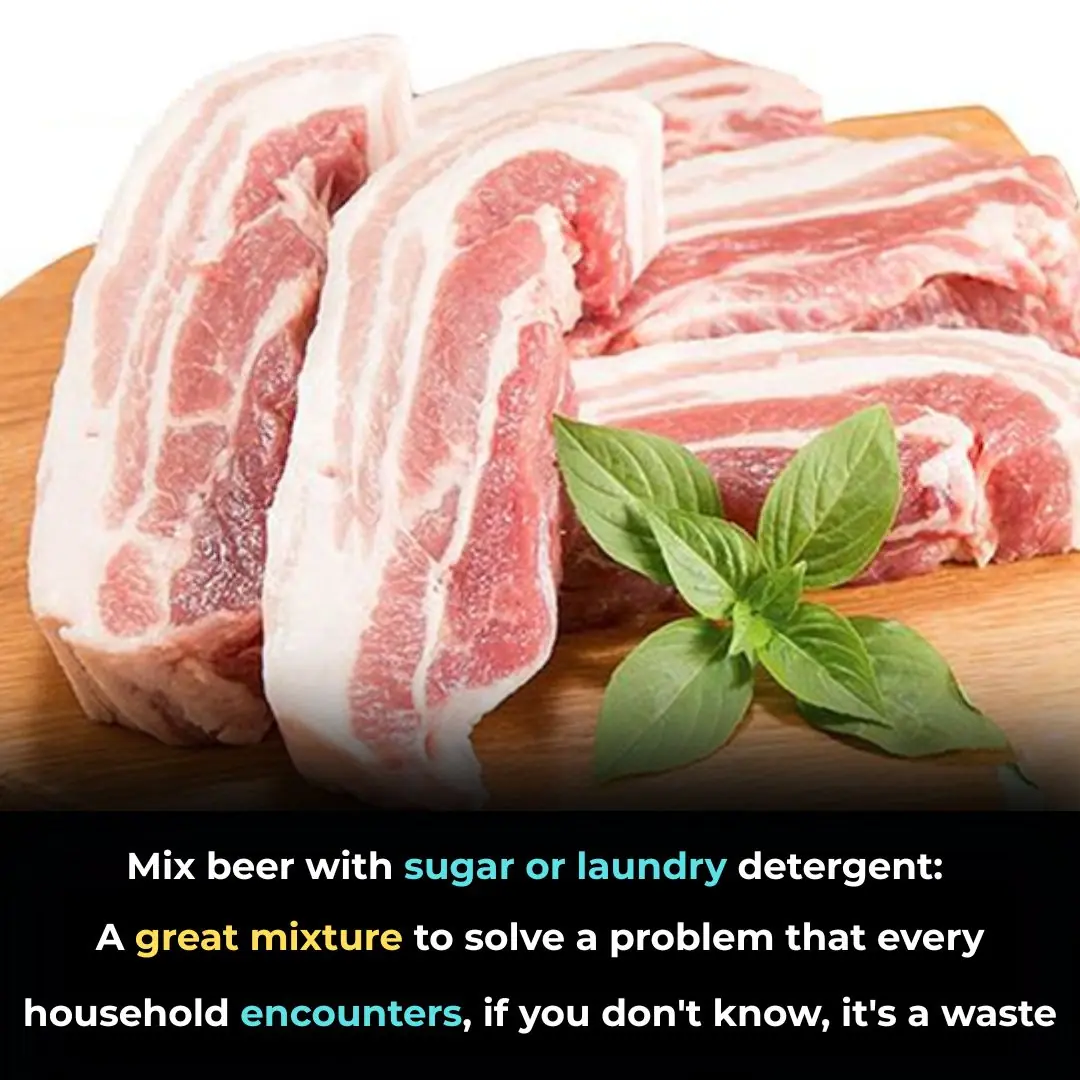
Choosing the Wrong Cooling Mode (Mode)
On your air conditioner's control panel, the most commonly selected mode is usually "Auto." Some remotes have specific modes such as "Cool" for cooling, "Dry" for dehumidifying, and "Fan" for ventilation. Using the wrong mode is a common reason why the air conditioner does not function properly and wastes electricity.
You should only select the "Cool" mode when you want to quickly cool down the room and maintain a stable temperature at the level you initially set. The "Fan" mode keeps the fan running without cooling the air, which is useful when you want to circulate air in the room without lowering the temperature.
The "Dry" mode reduces humidity in the room, making it ideal for rainy or humid days. However, this mode should only be used for about 1 to 2 hours at a time because extended use may have negative effects on your health, such as causing dryness or respiratory discomfort.
Turning Off the Air Conditioner Immediately When the Room Is Cool Enough
Many people try to save electricity by turning off the air conditioner as soon as the room feels cool, only to turn it back on when it starts to feel warm again. This frequent turning on and off causes the AC to work harder and consume more electricity.
An air conditioner consists of two main parts: the outdoor unit (compressor) and the indoor unit. The outdoor unit consumes about 95% of the total power, especially during startup, which requires a surge of energy to lower the room temperature.
Once the desired temperature is reached, the outdoor unit stops running, and only the fan and air circulation motors continue to operate. Modern air conditioners come with an automatic shut-off feature, so you don’t need to manually turn the unit on and off. Doing so wastes up to three times more electricity compared to leaving the AC running steadily to maintain the cool temperature.
Neglecting Regular Cleaning and Maintenance of the Air Conditioner
The air conditioner works by bringing cool air inside while expelling hot air and dust outside. Over time, air filters and fan systems accumulate dust and dirt. If you don’t clean and maintain your AC regularly, it will consume more electricity and reduce the lifespan of the device.
Experts recommend cleaning and servicing your air conditioner every 3 to 4 months. Regular maintenance ensures better air quality, efficient cooling, and saves energy.
Constantly Changing the Temperature Setting
Some people think that frequently adjusting the temperature saves energy, but in reality, it disrupts the air conditioner's normal operation.
Most modern air conditioners are equipped with sensors to maintain a stable temperature without letting the room get too hot or too cold. Manually changing the temperature often causes the compressor to start and stop more frequently, leading to higher electricity consumption and reduced durability of the device.
Frequently Keeping Doors Closed to Prevent Cool Air from Escaping
Many of us believe that closing all doors tightly when using the air conditioner helps save electricity and protect the AC unit. However, this is a misconception. Using an air conditioner in a completely sealed room can make the air feel heavy and stuffy, causing discomfort and a feeling of oxygen deprivation.
In fact, air in a closed room can become 2 to 5 times more polluted and stale compared to outdoor air if ventilation is poor. This can lead to headaches, fatigue, and other health issues over time.
The best solution is to leave a small gap or crack in the door to allow air circulation. Alternatively, you can invest in newer air conditioner models that come with air purification and antibacterial features, which improve air quality and reduce the buildup of harmful particles indoors.
Additional Tips for Efficient and Healthy Air Conditioner Use
-
Set a reasonable temperature: The ideal temperature is usually around 24–26°C (75–78°F). Lowering the temperature excessively not only wastes energy but also strains your body.
-
Use a timer: If your AC has a timer function, use it to automatically turn off the unit when you don’t need it, such as during the night or when you leave the house.
-
Seal leaks and insulate your home: Make sure windows and doors are well sealed to prevent cool air from escaping and warm air from entering.
-
Use fans to support air circulation: Ceiling fans or portable fans can help distribute cooled air more effectively, allowing you to set the AC at a higher temperature while still feeling comfortable.
By avoiding these common mistakes and applying these practical tips, you can significantly reduce your electricity bills, extend the life of your air conditioner, and maintain a healthier indoor environment.
































